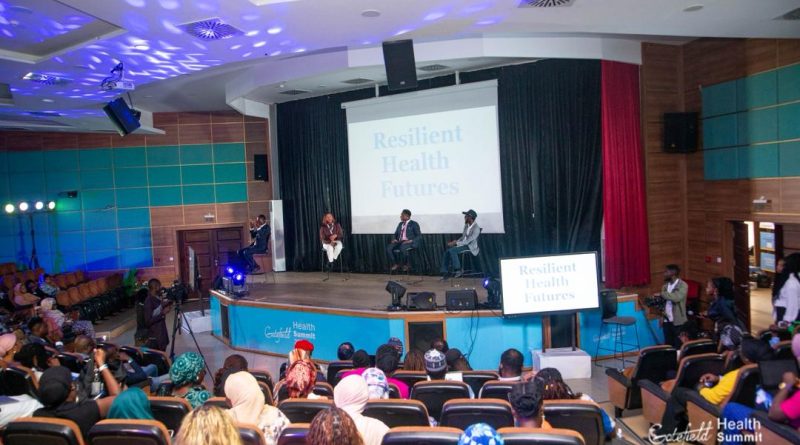Fund systems, not symptoms, health experts task FG
Health experts have called on the federal government to prioritise strengthening Nigeria’s healthcare systems rather than responding only to diseases, and health crises, warning that the current approach addresses symptoms rather than the root causes of the nation’s health challenges.
Speaking at the ongoing Gatefield Health Summit 2025 in Abuja, experts from the public health and development sectors stressed on the need for systemic resilience, improved health governance, and a shift from disease-based funding to sustainable system-based financing. They described weak funding and low life expectancy as major indicators of systemic failure.
Adewunmie Emoruwa, Founder of Gatefield, speaking at the event, lamented the inequality in global life expectancy as evidence of Africa’s health crisis. He noted that while the average life expectancy in Nigeria is just 54 years, it stands at 64 years in Kenya, 81 in Europe, and 85 in Hong Kong, suggesting that “for a Nigerian, half of one’s life is already spent by the age of 25.”
According to him, “it is not just about when you die, but how well you live.” Emoruwa attributed the gap to structural deficiencies across food regulation, funding, and health governance.
“In Nigeria, Cerelac contains almost seven grams of sugar compared to zero in Europe. Our food systems lack regulation, and this directly feeds the growing cases of hypertension and other preventable diseases,” he said.
He stressed that Nigeria’s healthcare financing is alarmingly low, with government health expenditure averaging just $5 per citizen annually, compared to $66 in Kenya and $4,500 in Europe. “For every 2,500 Nigerians, the total healthcare spend equals that of one Swiss citizen,” Emoruwa noted, adding that Africa must build its own health system and increase domestic funding to close the gap.
Read also: FG disburses N32.9bn to states for primary health care delivery, urges citizens’ oversight
Also speaking at the summit, Anthony Nwala, Assistant Chief Programme Delivery Officer at the Society for Family Health (SFH), described the country’s health funding model as unsustainable, despite recent policy improvements.
He said, “Nigeria must prioritize funding for health systems and structures rather than specific diseases. When you fund health systems, they will take care of diseases.”
Nwala commended ongoing government reforms, including the Basic Health Care Provision Fund (BHCPF) and the Maternal Mortality Innovation and Reduction Strategy (MAMI), but emphasized that “external donor funding is no longer where we should depend.
Nigeria must look inwards, innovate, and reduce operational costs to make healthcare accessible and sustainable,” he noted
On women’s health, Aisha Mustapha, consultant obstetrician and gynecologist at Ahmadu Bello University, warned that Nigeria continues to record the world’s highest maternal mortality rate. She projected a 77 percent rise in gynecological cancers by 2050 if current trends persist.
Read also: Together for a sustainable future in Nigeria
While stressing the need for vaccination, cancer screening, and lifestyle changes to combat the growing threat of obesity and non-communicable diseases, Mustapha urged both government and citizens to take responsibility in building a resilient health future.
“It’s not just the government; every stakeholder, including individuals, must play their part by spreading correct health information and promoting preventive care,” she said.

